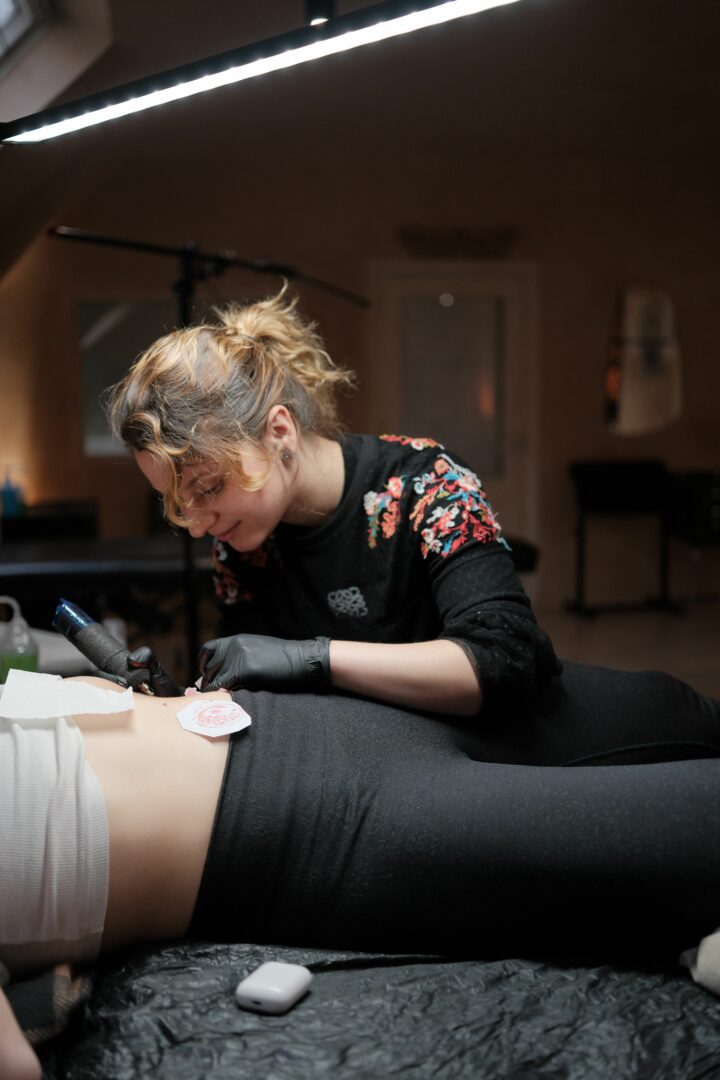We’re excited to introduce you to the always interesting and insightful Ilayda Atlas. We hope you’ll enjoy our conversation with Ilayda below.
Ilayda, thank you so much for joining us. You are such a positive person and it’s something we really admire and so we wanted to start by asking you where you think your optimism comes from?
I think my optimism comes from how I view life. I’ve always believed that life is short and uniquely mine to live. The world isn’t as big as it seems, and the time we have here is even shorter. This perspective makes me value each moment and see challenges as opportunities.
Whenever I make mistakes, I try not to get stuck in them. Instead, I focus on understanding why they happened, what I can learn, and how I can grow from them. Over time, I’ve realized that my ability to bounce back and keep dreaming—even after setbacks—is what keeps my optimism alive.
I also believe in the power of persistence. If something didn’t work out today, it doesn’t mean it won’t tomorrow. That belief helps me stay hopeful. Life isn’t just about success; it’s about learning, growing, and staying connected to what truly matters—our dreams.
Interestingly, this mindset aligns with some of the philosophies I admire. For example, in Japanese culture, there’s something called Kaizen, which is about continuous improvement, no matter how small the steps are. It’s like building a better version of yourself, little by little, every day. And in Buddhism, there’s a teaching about impermanence called Anicca, which reminds us that everything changes. This helps me remember that even hard times don’t last forever, and better days will come.
So, my optimism really comes from a mix of believing in growth, accepting change, and staying true to my dreams. After all, this life is mine to live—and I choose to live it with hope.
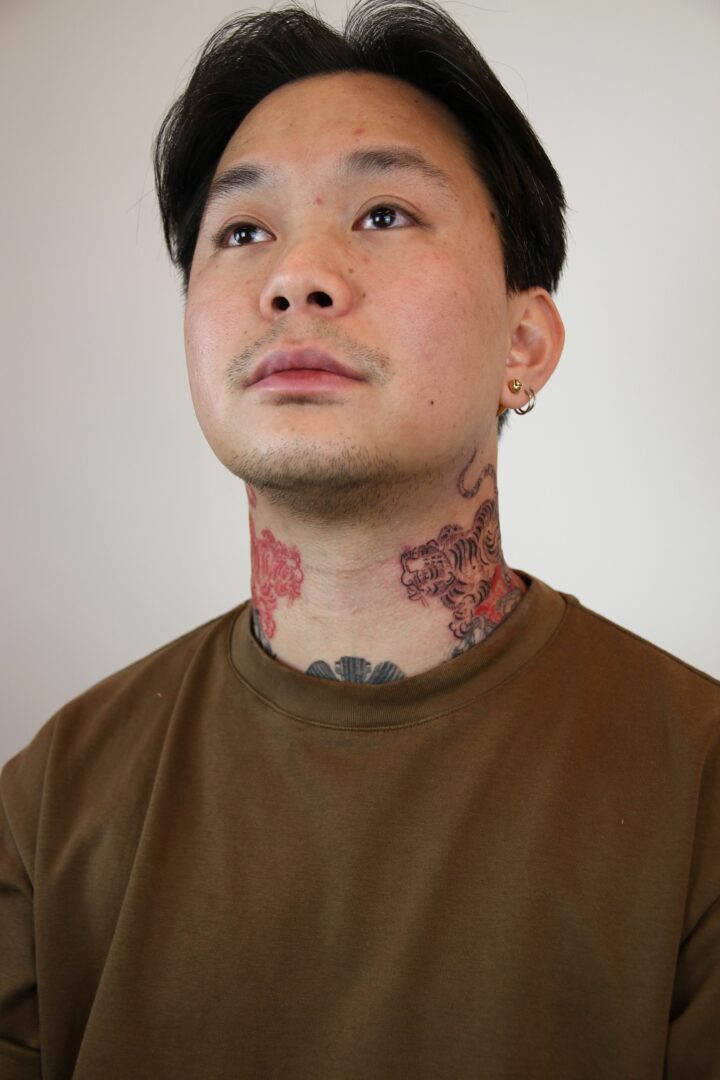
Thanks for sharing that. So, before we get any further into our conversation, can you tell our readers a bit about yourself and what you’re working on?
I am a tattoo artist with a background in art, art history, and graphic design. Currently based in Berlin, I’ve been traveling the world for the past five years, continuously expanding my craft and perspective. My work is deeply inspired by Asian ornamental art and the philosophy of wabi-sabi—finding beauty in imperfection—which has become a cornerstone of my artistic vision.
Over time, I pushed myself to explore beyond traditional boundaries, immersing myself in the philosophies that fascinate me. Wabi-sabi shaped not only my techniques but also my worldview. Each tattoo became a reflection of life’s transient and imperfect nature, carrying stories, emotions, and connections. My fascination with Asian culture, fostered by years of study and time spent in the region, drew me further into the intricate world of its ornamentation and symbolism. Although I initially felt a sense of reverence and hesitation—wondering if my work could honor these traditions respectfully—I reminded myself of wabi-sabi’s essence: imperfection is part of the process.
Tattooing, for me, is far more than creating art on skin. It’s an act of connection, collaboration, and storytelling. Each client brings their unique narrative—be it about heartbreak, resilience, or transformation—and together, we translate these stories into meaningful designs that become a lasting part of their identity. This process is deeply personal, profoundly human, and an honor I carry with immense respect.
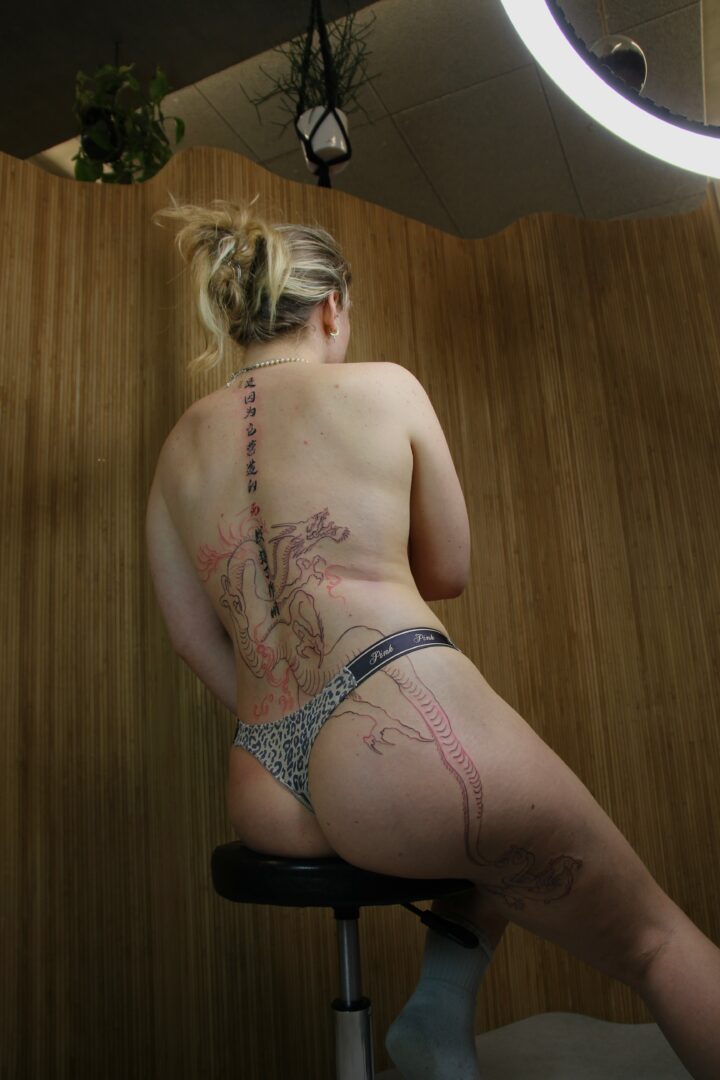
If you had to pick three qualities that are most important to develop, which three would you say matter most?
For me, the most impactful qualities have been communication, the ability to solve problems quickly, and a constant desire to create. But if I had to name the foundation of it all, it would be an insatiable sense of curiosity.
Curiosity has been the driving force behind everything I do. It fuels my hunger to learn, pushes me to explore new perspectives, and reminds me that there’s always room to grow. I firmly believe in the mantra that there’s no such thing as “I’ve made it.” Instead, I ask myself, “How much further can I go?” This mindset keeps me motivated and constantly striving for improvement.
Of course, I wouldn’t have made it this far without the people who believed in me and supported me along the way. Their positive energy and encouragement have been invaluable. Combined with my endless curiosity and drive to research, these have been the cornerstones of my progress.
For those at the beginning of their journey, whether they’re tattoo artists, creatives, or even people outside the arts, my advice is simple: don’t be afraid to fall. There’s no such thing as infinite success—it’s not a straight line. Just like a heartbeat, life’s rhythm fluctuates; some days you’re up, and other days you’re down.
If you want sustainable success, think long-term. Be bold, take big steps without fear, and never lose the excitement that made you start in the first place. As long as you’re chasing your dreams, you’ll always be moving closer to achieving them.
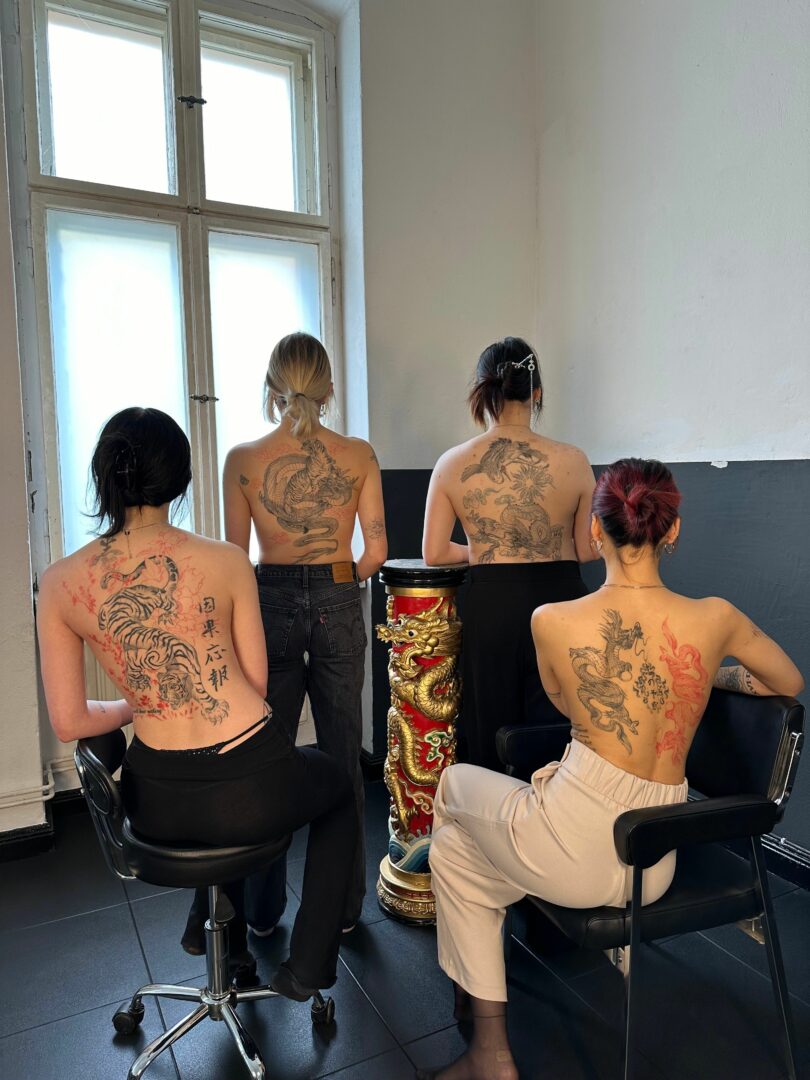
Thanks so much for sharing all these insights with us today. Before we go, is there a book that’s played in important role in your development?
I wish I could tell you I was born with white privilege and raised in one of Europe’s most resource-rich countries, surrounded by infinite access to knowledge. But that wasn’t the case. I was born and raised in Turkey, where I learned the true value of seeking knowledge because it wasn’t always readily available. I m still so appreciated by the way for my roots because of that.
My family raised me with the teachings of Rumi, and I believe his wisdom shaped my ability to remain kind and grounded. His poetry, along with that of Yunus Emre, became a cornerstone of my identity, teaching me the value of love, patience, and humility. These influences were instrumental in my early development and continue to resonate with me deeply.
As I grew older and began to discover myself, one philosophy that profoundly impacted me was wabi-sabi—the Japanese aesthetic of finding beauty in imperfection and transience. The works of Japanese thinkers like Soetsu Yanagi, who wrote The Unknown Craftsman: A Japanese Insight into Beauty, gave me a new lens through which to see the world. His reflections on simplicity, impermanence, and the value of handcrafted art aligned with my journey as a tattoo artist and as someone who seeks meaning in imperfection.
Another book that left a lasting impression on me was The Art of Stillness by Pico Iyer. It taught me the importance of slowing down in a fast-paced world, embracing stillness, and finding inner peace amidst chaos. Together, these philosophies and works remind me that life is not about chasing perfection but about appreciating its fleeting, imperfect beauty.
Contact Info:
- Website: https://ilaydatlas.work
- Instagram: https://www.instagram.com/ilaydatlas/
- Facebook: ilaydatlas
- Linkedin: ilaydatlas
- Twitter: ilaydatlas
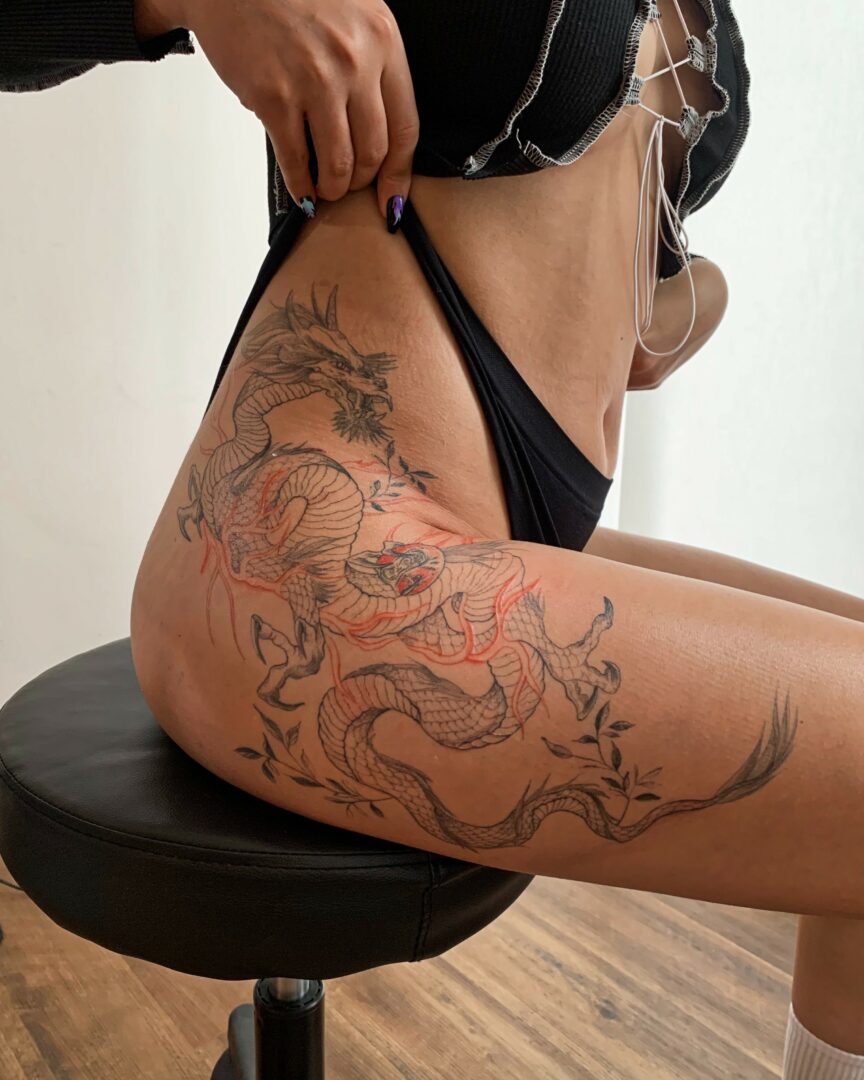
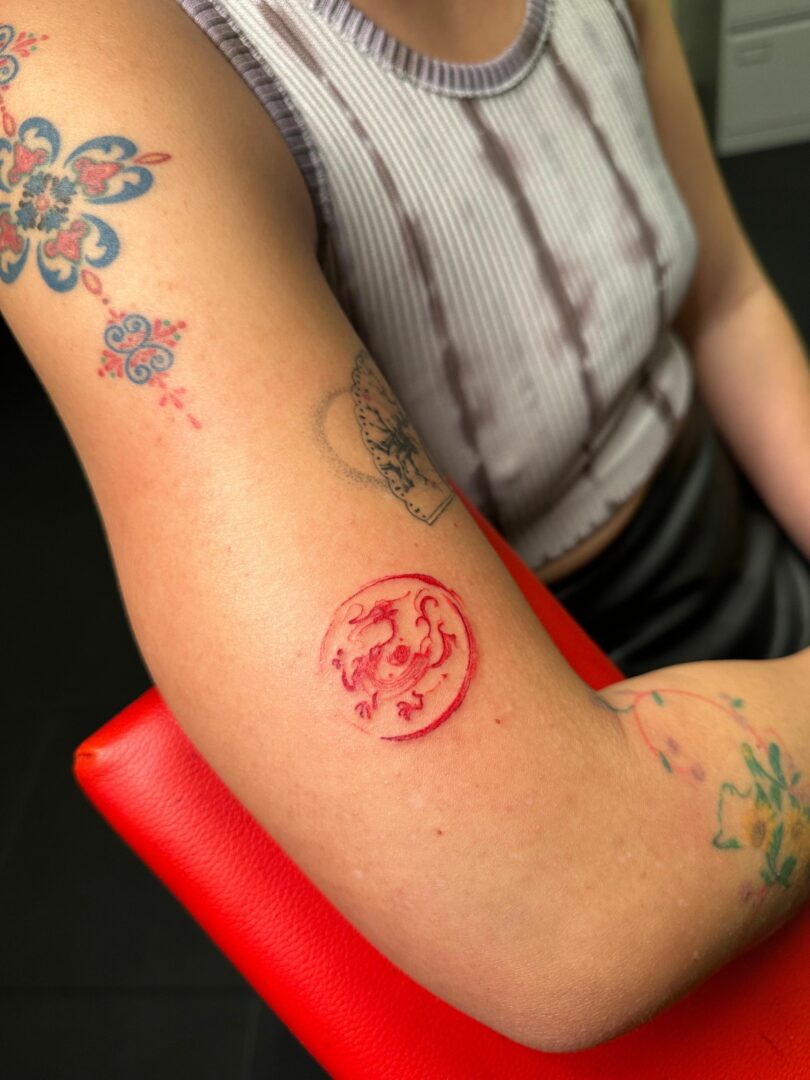
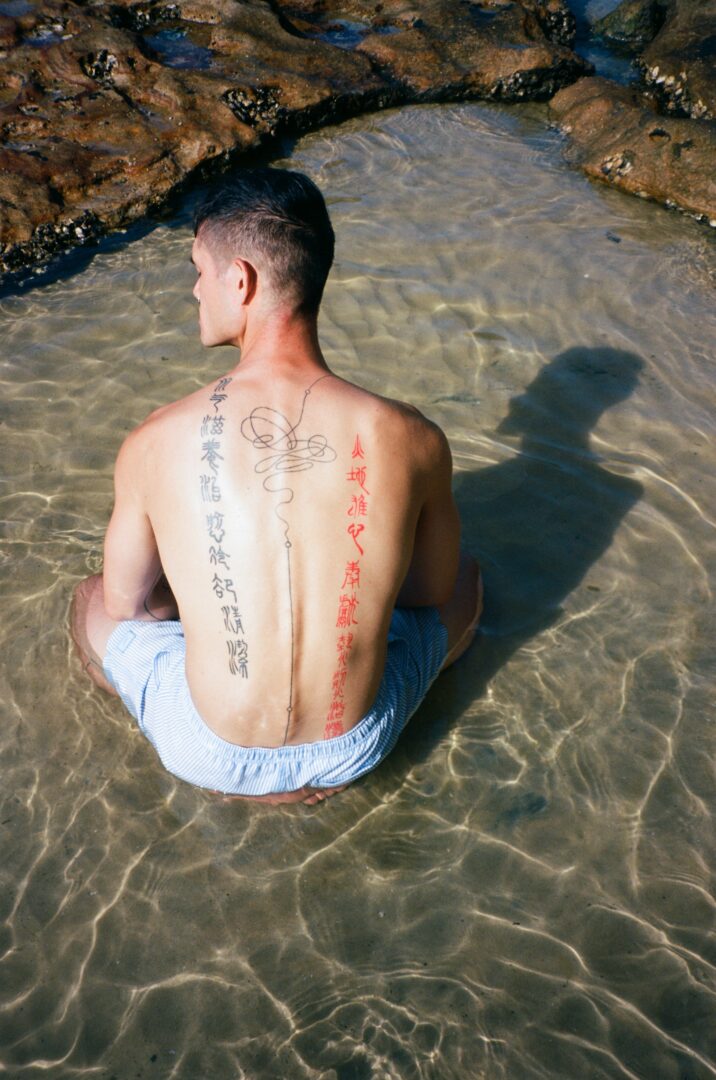
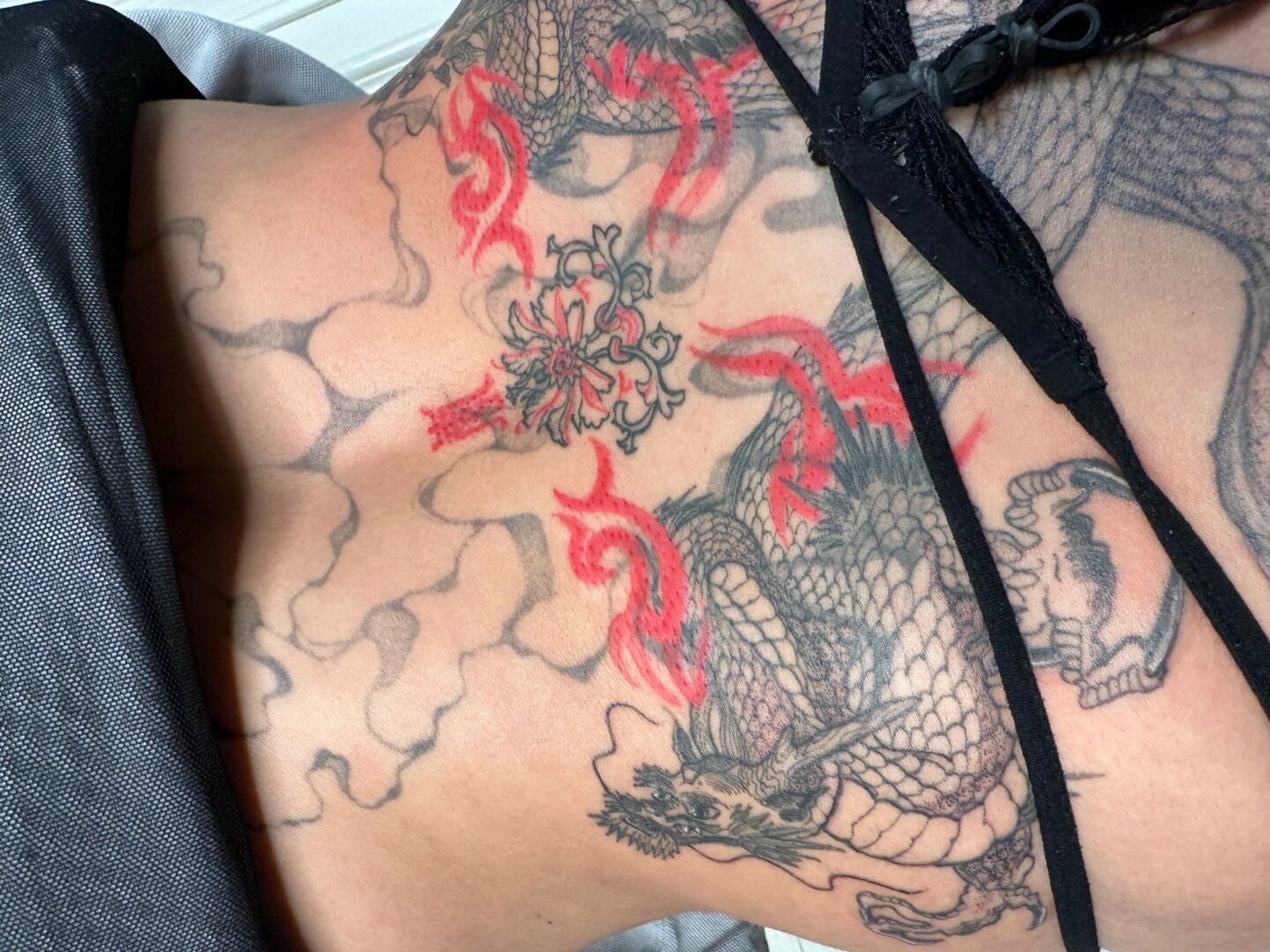
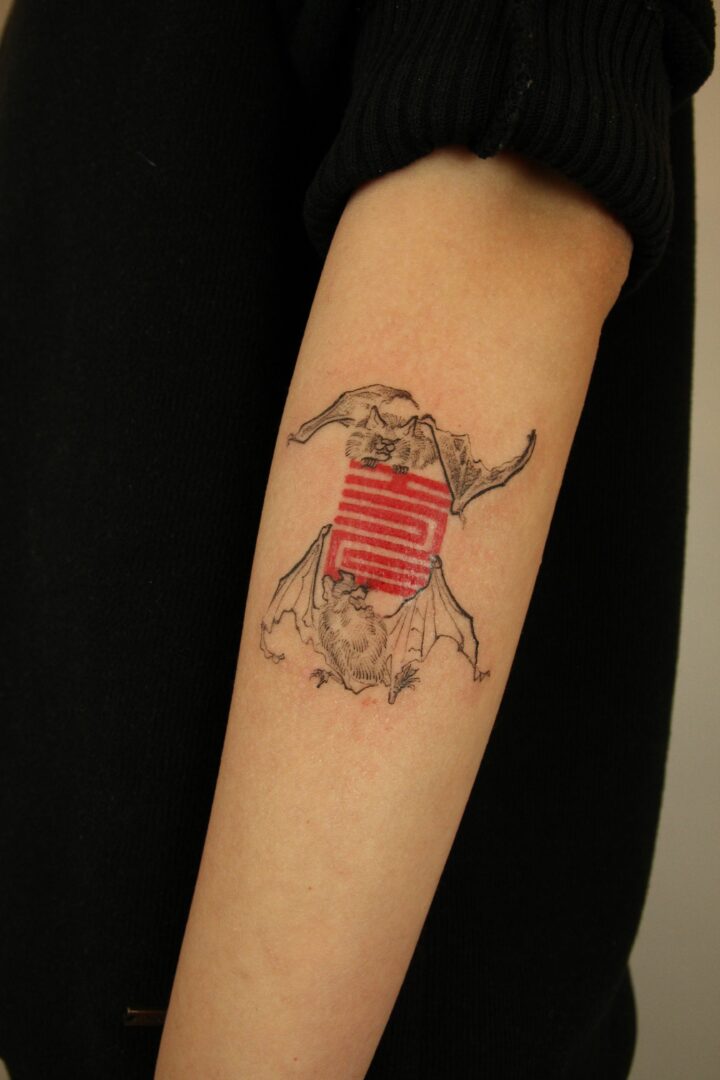
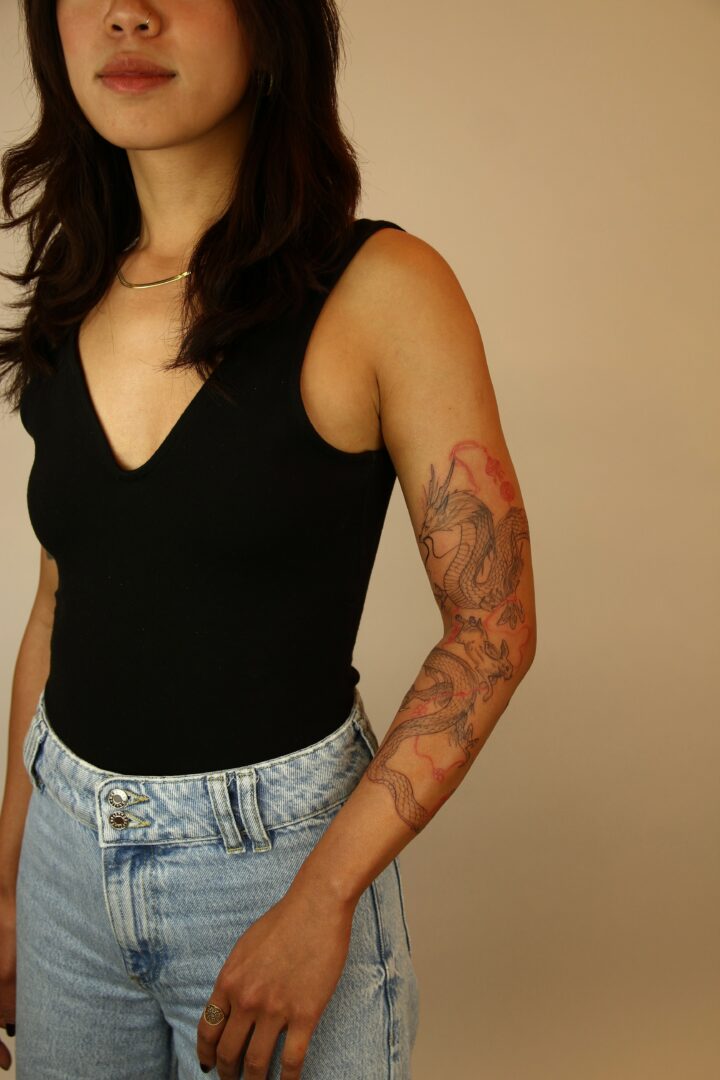
so if you or someone you know deserves recognition please let us know here.

